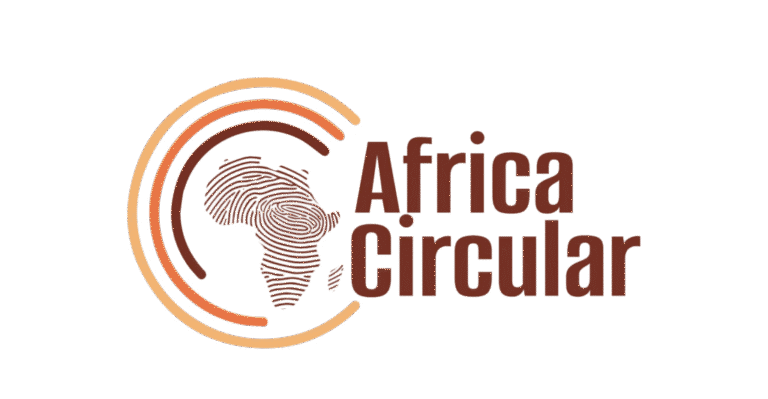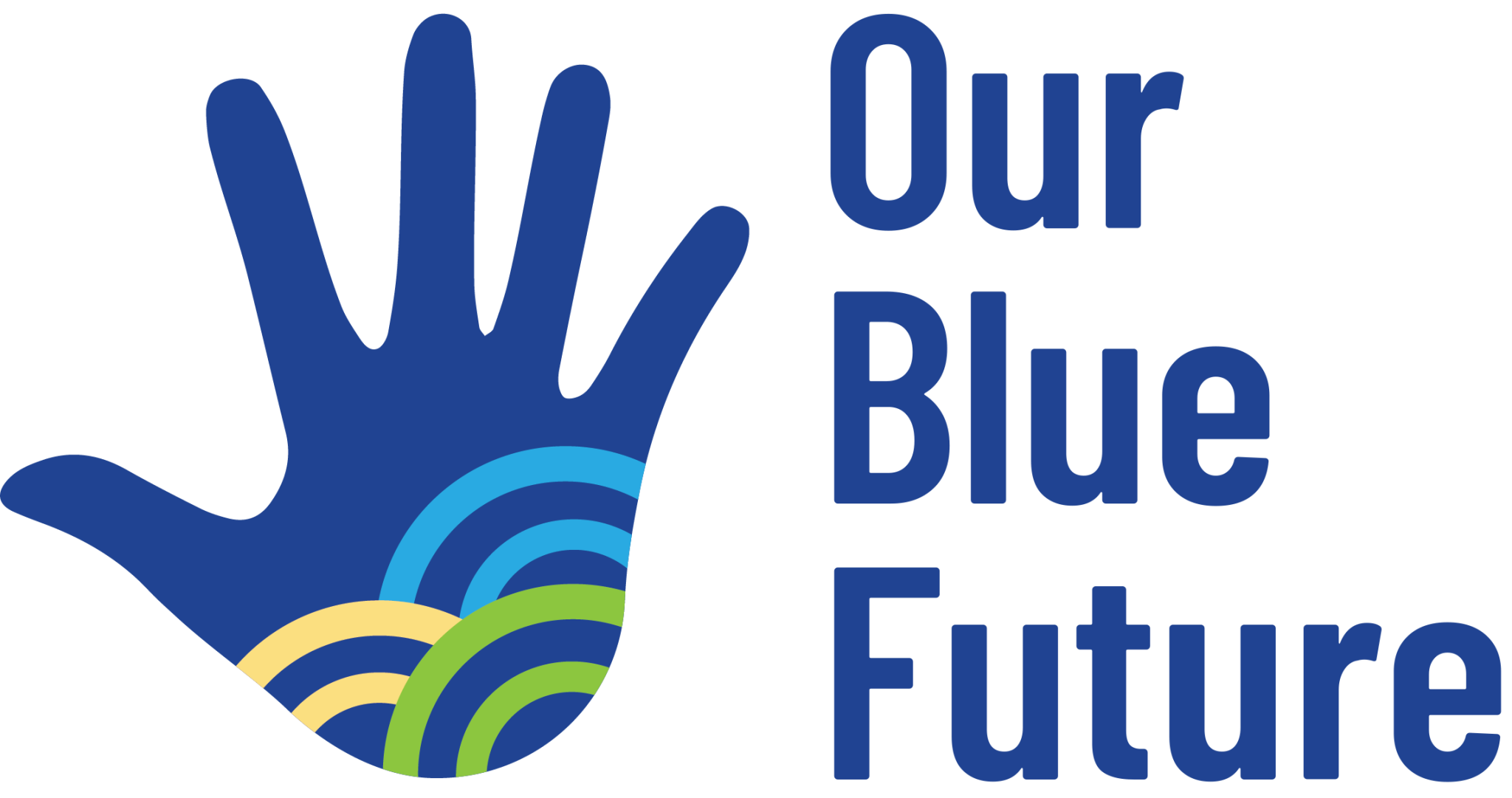About Us
A healthy, prosperous and resilient future for the Western Indian Ocean region’s communities, businesses and ecosystems

Our Mandate
OBF’s development implements decisions made during the 10th and 11th Conference of Parties (COP) to the Nairobi Convention. Most recently, Decision CP.11/16(k) in August 2024 endorsed OBF as a critical vehicle for operationalising the Regional Ocean Governance Strategy (ROGS). The foundation of OBF also stems from Decision CP.10/12(2c) of the 10th COP in 2021, where Contracting Parties supported the development of a regional Multi-Stakeholder Initiative (MSI, OBF’s previous name), to enhance coastal and ocean stewardship and to accelerate the transition towards a sustainable blue economy in the WIO region.
Our Blue Future works at many levels but is primarily focused on facilitating and enabling member-led delivery of projects. This includes mobilising and channelling technical, financial, and advocacy support to assist enterprises and communities become more sustainable for the health of the ocean.
Vision
A healthy, prosperous and resilient future for the Western Indian Ocean region’s communities, businesses and ecosystems.
Mission
We empower multi-stakeholder collaboration to catalyse an inclusive and sustainable blue economy in the Western Indian Ocean region.
About Us

The Western Indian Ocean (WIO) region spans over 30 million km2, from the Somalia region in the north, to the southern tip of South Africa. It encompasses tropical and subtropical regions of diverse nature, rich stretches of coast along the mainland countries of Somalia, Kenya, Tanzania, Mozambique and South Africa.
It also includes vast oceanic areas surrounding the island states of Madagascar, Seychelles, Comoros, Mauritius and French Territories. 60 million people live within 100 km of its 15,000 km coastline and directly depend on the ocean for their food security, livelihoods and climate resilience.

An inclusive and sustainable blue economy (ISBE) is one in which people and countries can derive a continuous source of value and wealth, while simultaneously protecting, maintaining, and restoring diverse, productive, and resilient freshwater and marine ecosystems. It relies on clean technologies, renewable energy, and circular material flows. It provides social and economic benefits for current and future generations.
The concept of the blue economy is central for sustainable development. Much of the emphasis has been placed on short-term economic gains and less on sustainability. As a result, traditional livelihoods and small-scale local operations are frequently outcompeted, with little regard for social inclusion and environmental sustainability. The most fundamental principle of a Sustainable Blue Economy, often overlooked in the interest of these short-term economic gains, is that people are at its centre.

The WIO region is recognized globally as one of the biodiversity hotspots with high ecological and socio-economic value. However, with increased global demand for natural resources, pollution, climate change and a diversity of unsustainable economic activities, the region’s fragile coastal and marine ecosystems are under threat. In response to this, efforts and innovative solutions were urgently required to address these challenges. Business as usual is likely to result in the depletion of coastal and marine resources and the associated socio-economic benefits.
In 2020, to bolster collective leadership between states, private sector and civil society actors, discussions between key actors in the region were initiated with support from GIZ’s ProsperBlue to develop a regional multi stakeholder initiative for an ISBE in the WIO region. Our Blue Future (OBF) was initiated in 2021 upon adoption of a decision (COP 10/12/2c) at the 10th Nairobi Convention Conference of Parties to support the development of a multi-stakeholder initiative to catalyze an ISBE in the WIO region.
Our Blue Future is being developed using a multi-stakeholder approach (Read more). Its vision is a healthy, prosperous, and resilient WIO region for all, underpinned by participatory governance, sustainable economies, and thriving coastal and marine ecosystems (Read more).

Part of OBF’S DNA is to take an inclusive and participatory multi-stakeholder approach in all aspects of the initiative.
This approach:
- Increases ownership, participation, resources and strategic capital, with a focus on action and impacts.
- Is made up of businesses, governments, civil society, and international, regional and local organisations that collectively develop and steer Our Blue Future.
- Models a culture of dialogue and collaboration by taking a collective leadership approach.
Meet Our Partners































